Fact check: This photo is not of the Serena Hotel in Kenya
The image shows a proposed tower in the Swiss Alps, Switzerland.
Writer: Nancy Ceasar
A picture shared on Facebook on 28 October 2023 purporting to show the Serena Hotel in Kenya is false.
The image shows a high-rise building and was posted with the caption, “Serena Hotel Kenya.”
The post attracted several comments with differing opinions, which prompted 211 Check to do an investigation.
A screenshot from the page
Claim Verification:
211 Check carried out a reverse search on the picture using Google Lens, which returned several instances where the image has been shared as a proposed plan for Fluidity 2.0, a high-rise mega luxury hotel and office hybrid tower in the Swiss Alps.
Amazing Architecture says Fluidity 2.0 High-Rise is a 250 M tall tower proposal for the Swiss landscape. The project was prototyped by Mariana Cabugueira Custodio dos Santos, whose Instagram bio states that she is an architectural designer and founder of MC Studios. Cabugueira is an architect and urban designer from Portugal.
The image was also shared by Architecture and Design Magazine on their Facebook page in January 2022 and was credited to Cabugueira as the person behind the ‘Amazing Concept Design.’ The post adds that the photo shows a proposed plan, not an actual building.
Similarly, on February 12, 2022, AAs Architecture shared the picture on X(formerly Twitter) accompanying a post that reads: “Fluidity 2.0 by Mariana Cabugueira Custodio dos Santos.
The image has also been shared here, here, here, here, and here, referencing Fluidity 2.0.
On the other hand, images of Serena Hotel in Nairobi, Kenya, from its website show clearly that the image in the post under investigation is not of Serena.
Screenshot of the Serena Hotel Nairobi, Kenya, from their website
Conclusion:
211 Check found that the post with an image claimed to be Serena Hotel Kenya is misleading. The picture shows a proposed Fluidity 2.0 Mega High-Rise Luxury Hotel and Office Hybrid Tower plan in the Swiss Alps.
This fact check was published by 211 Check with technical support from Code for Africa’s PesaCheck newsdesk through the African Fact-Checking Alliance (AFCA).
To ensure accuracy and transparency, we at 211 Check welcome corrections from our readers. If you spot an error in this article, please request a correction using this form. Our team will review your request and make the necessary corrections immediately, if any.
It’s vital to fight misinformation and disinformation in the media by avoiding fake news. Don’t share content you’re uncertain about. False information can harm and mislead people, risking their lives—Fact-check before sharing. For more details, visit https://211check.org/ or message us on WhatsApp at +211 917 298 255. #FactsMatter

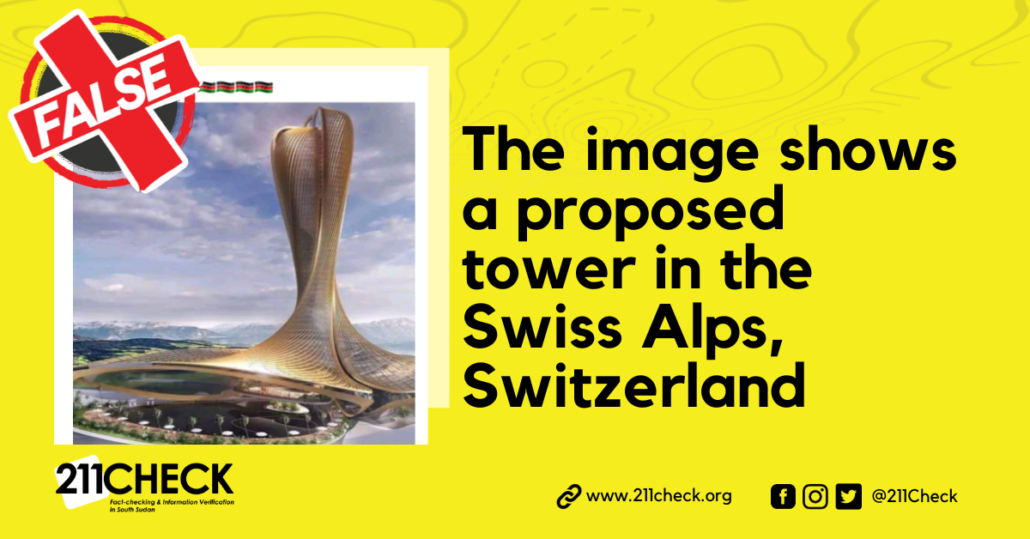
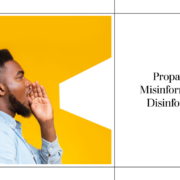
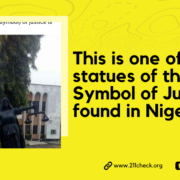
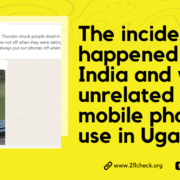
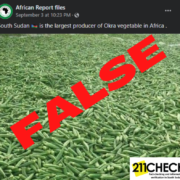
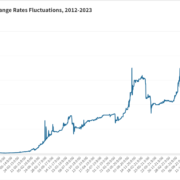


Leave a Reply
Want to join the discussion?Feel free to contribute!